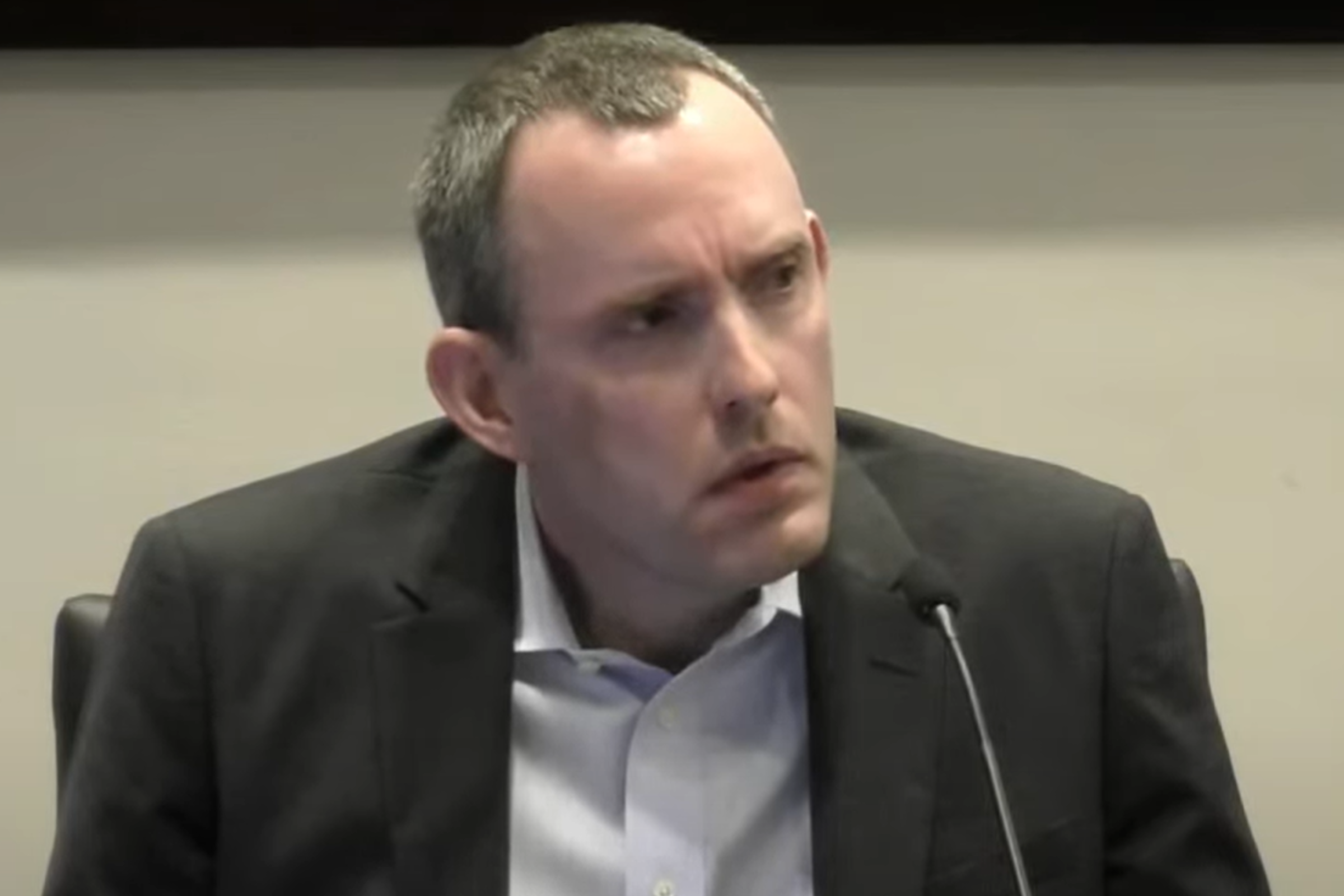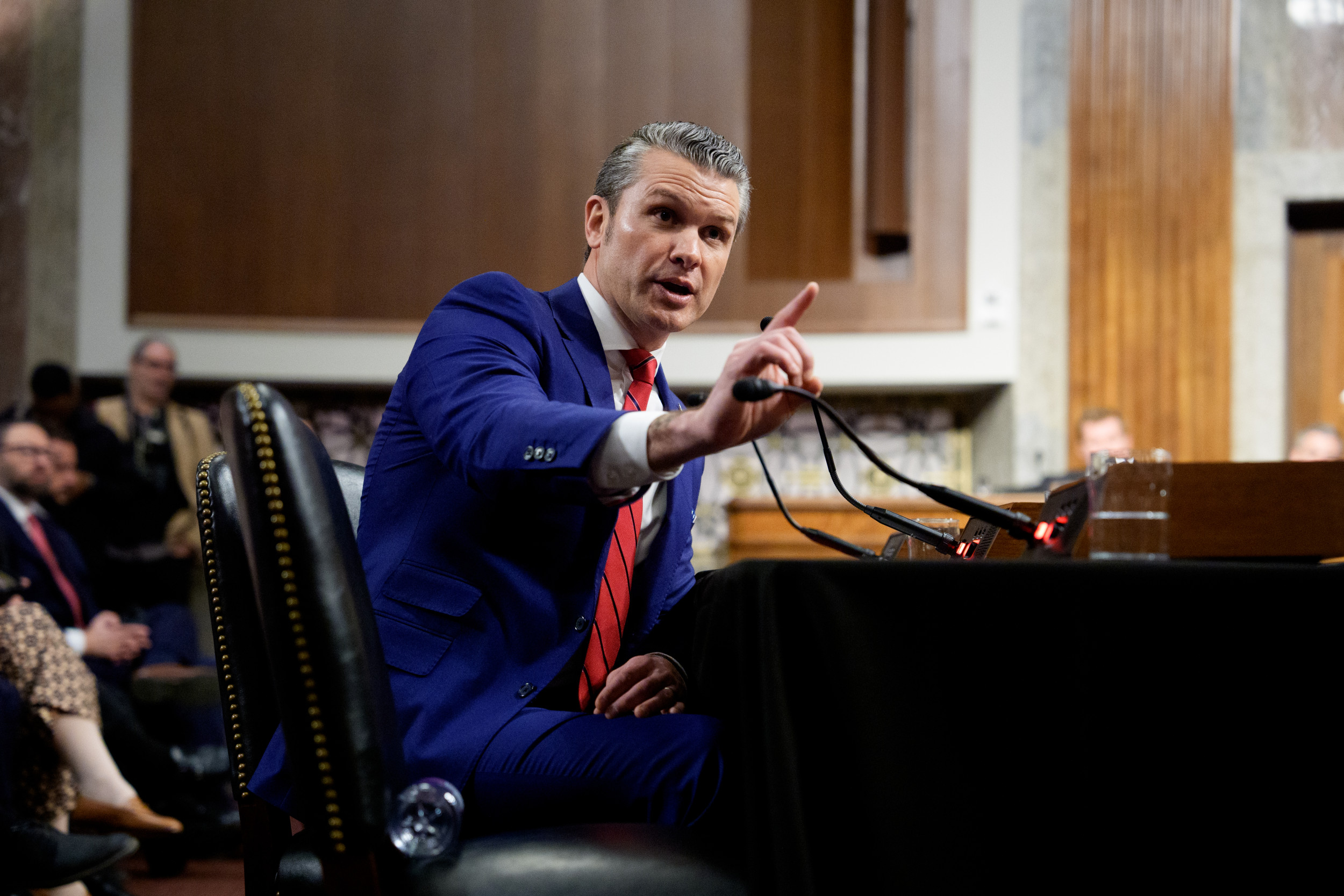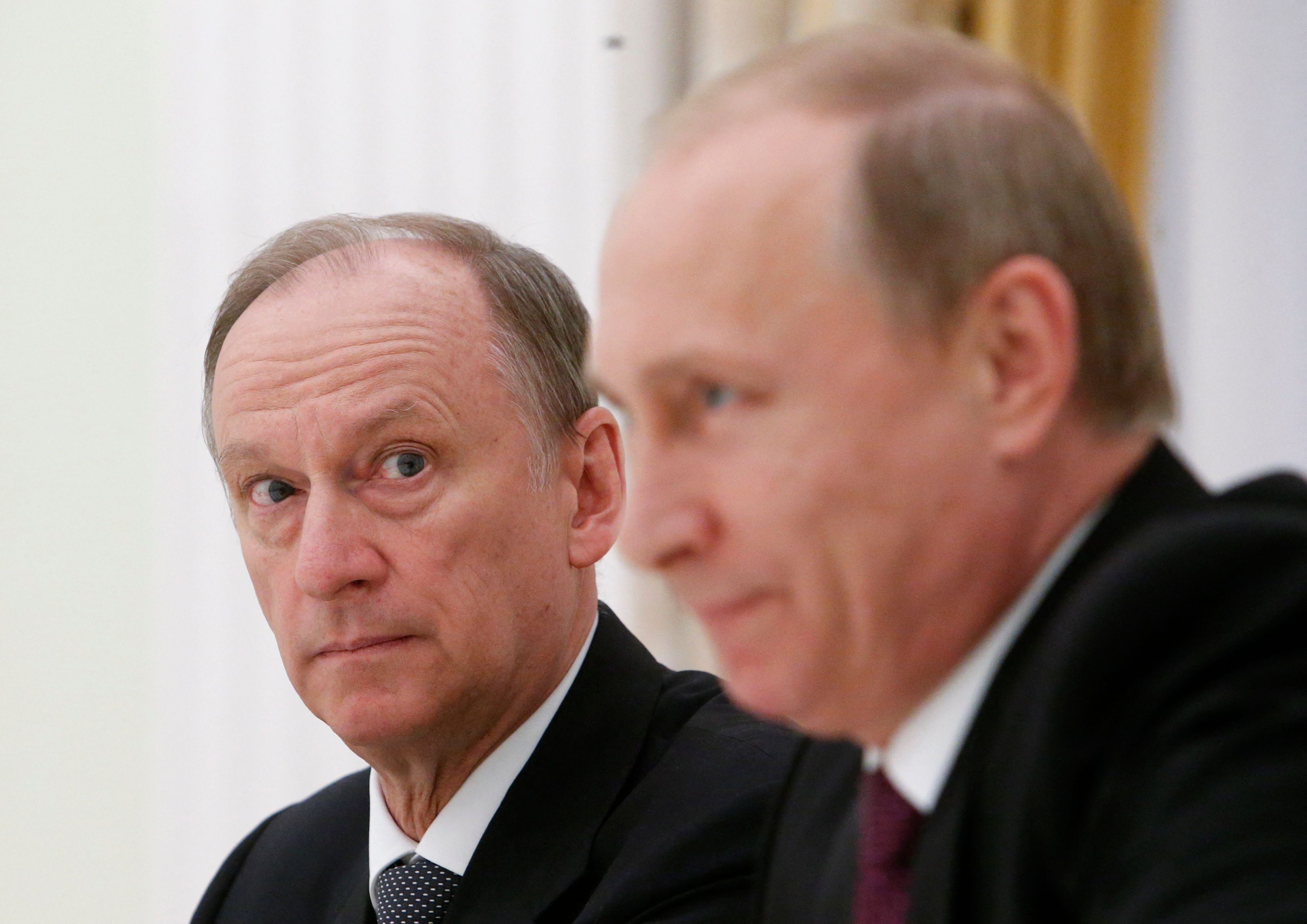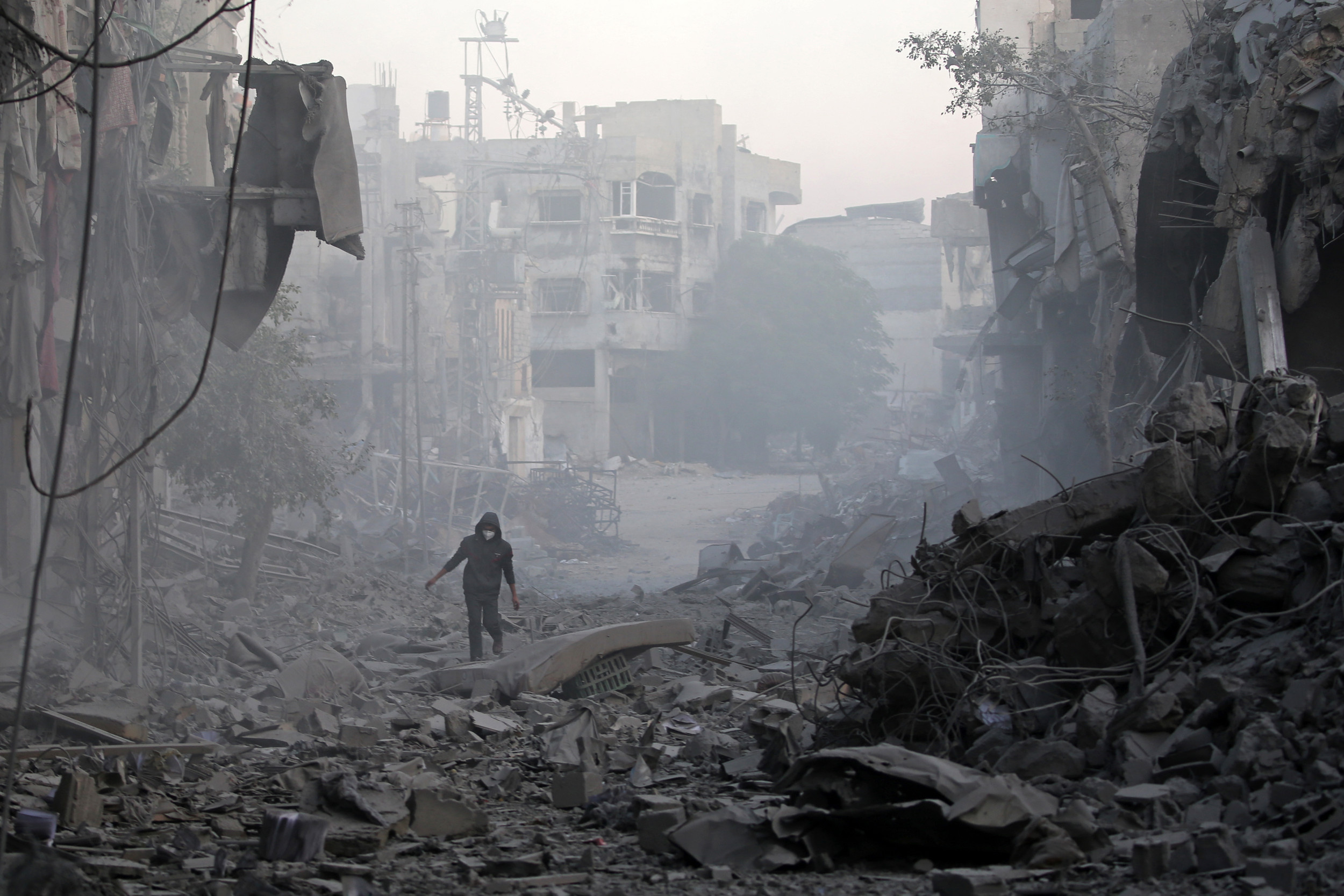A Ugandan military court has charged prominent opposition leader Kizza Besigye with treachery, a crime that carries the death penalty.
The move escalates the legal challenges Besigye faces after his controversial detention in Kenya late last year. Besigye, a staunch critic of Ugandan President Yoweri Museveni, is accused of plotting to undermine national security, charges his supporters and human rights groups say are politically motivated ahead of next year's elections.
Newsweek has contacted Museveni for comment via email.
Why It Matters
Besigye has been a leading figure in Uganda's opposition for decades, running unsuccessfully against Museveni in four presidential elections. Once Museveni's military doctor, Besigye became one of his fiercest critics after accusing him of sliding into authoritarianism.
Besigye's case is part of a broader trend of transnational repression in East Africa, where opposition figures have faced abductions and deportations. Amnesty International has condemned his treatment as a violation of international human rights law, calling his detention a "chilling message to dissenters."

What To Know
On November 16, Besigye disappeared in Nairobi, Kenya, while attending a book launch of lawyer and local opposition politician Martha Karua. Days later, he reappeared in Uganda, where he was detained and faced charges of illegal firearm possession and attempting to solicit military support abroad.
The Kenyan government has denied any involvement in his abduction, but Uganda insists the operation was coordinated with Kenyan authorities, sparking backlash in both countries.
The military prosecutor alleges that Besigye withheld intelligence about a plot to destabilize Uganda and attempted to purchase weapons from foreign sources in Geneva, Athens and Nairobi. Uganda's Constitutional Court ruled in 2006 that military courts cannot try civilians, but this ruling has frequently been ignored. Besigye has denied the charges, and his defense team argues that the military court lacks jurisdiction, citing the 2006 ruling.
Amnesty Condemns Crackdown
Amnesty International said the charges appear to be part of a systematic effort to suppress opposition voices. Besigye's detention has been extended multiple times, and his legal team, led by Karua, faces significant obstacles—including the recent arrest and imprisonment of prominent Ugandan human rights lawyer Eron Kiiza.
Kiiza, who was sentenced to nine months in prison for alleged contempt of court, was forcibly removed from a courtroom and convicted without due process, Amnesty International said, calling his treatment outrageous and indicative of a broader crackdown on legal defenders in Uganda.

What People Are Saying
Human Rights Watch said in a November 21 dispatch: "A Ugandan military court in Kampala has ordered former opposition presidential candidate, Kizza Besigye, and his travel companion, Obeid Lutale, to be held in pretrial detention in a prison, the latest example of Uganda's authorities misusing military courts and military-related charges to clamp down on the opposition."
Brigadier General Felix Kulayigye, a spokesperson for the Ugandan army, told the BBC's Africa Daily podcast in November: "We have a legal framework with our counterparts in Kenya to deal with matters that threaten regional security."
Tigere Chagutah, Amnesty International's Regional Director for East and Southern Africa, said in a statement issued on November 20: "Amnesty International is deeply disturbed by the abduction of Dr. Besigye as well as the lack of an extradition process from Kenya. This is not the first time a foreign dissident has been abducted on Kenyan soil. It is part of a growing and worrying trend of transnational repression with governments violating human rights beyond their borders … These practices must stop."
What Happens Next
Besigye's trial is set to resume on January 22, when the military court is expected to rule on objections raised by his defense team, including its jurisdiction over the case.
A number of watchdog groups have called for Besigye's immediate release, citing violations of due process and international human rights law.
Museveni, who has been in power since 1986, is expected to run for the Ugandan presidency again in 2026, though speculation about a possible succession has added uncertainty.
This article includes reporting from the Associated Press.




















 English (US) ·
English (US) ·